The Occult: A History By Colin Wilson
12.65 $
| Author(s) |
Colin Wilson |
|---|---|
| Format |
|
| Pages |
682 |
| Published Date |
1971 |
The Occult: A History is a 1971 nonfiction occult book by English writer, Colin Wilson. The Occult: A History is divided into three sections. Part one is entitled “A Survey of the Subject” and covers topics such as “Magic-The Science of the Future”. Part two is titled “A History of Magic” and covers occult in history. Part three is called “Man’s Latent Powers” and deals with topics such as spiritual entities in the chapter “The Realm of Spirits”.
Author’s Note:
THE THESIS OF THIS BOOK IS REVOLUTIONARY and I must state it clearly at the outset. Primitive man believed the world was full of unseen forces: the orenda (spirit force) of the American Indians, the huaca of the ancient Peruvians. The Age of Reason said that these forces had only ever existed in man’s imagination; only reason could show man the truth about the universe. The trouble was that man became a thinking pygmy, and the world of the rationalists was a daylight place in which boredom, triviality and ‘ordinariness’ were ultimate truths.
But the main trouble with human beings is their tendency to become trapped in the ‘triviality of everydayness’ (to borrow Heidegger’s phrase), in the suffocating world of their personal preoccupations. And every time they do this, they forget the immense world of broader significance that stretches around them. And since man needs a sense of meaning to release his hidden energies, this forgetfulness pushes him deeper into depression and boredom, the sense that nothing is worth the effort.
In a sense, the Indians and Peruvians were closer to the truth than modem man, for their intuition of ‘unseen forces’ kept them wide open to the vistas of meaning that surround us. Goethe’s Faust can be seen to be the greatest symbolic drama of the West, since it is the drama of the rationalist suffocating in the dusty room of his personal consciousness, caught in the vicious circle of boredom and futility, which in turn leads to still further boredom and futility. Faust’s longing for the ‘occult’ is the instinctive desire to believe in the unseen forces, the wider significances, that can break the circuit.
The interesting thing is that Western man developed science and philosophy because of this consuming passion for wider significances. It was not his reason that betrayed him, but his inability to reason clearly, to understand that a healthy mind must have an ‘input’ of meaning from the universe if it is to keep up an ‘output’ of vital effort. The fatal error was the failure of the scientists and rationalists to keep their minds open to the sense of huaca, the unseen forces. They tried to measure life with a six-inch ruler and weigh it with the kitchen scales. This was not science; it was crudity only one degree beyond that of savages; and Swift made game of it in the ‘Voyage to Laputa.’
Man lives and evolves by ‘eating’ significance, as a child eats food. The deeper his sense of wonder, the wider his curiosity, the stronger his vitality becomes, and the more powerful his grip on his own existence. There are two ways in which he can expand: inward and outward. If I am in a foreign country and I get a powerful desire to explore it thoroughly, to visit its remotest places, that is a typical example of outward expansion. And it would not be untrue to say that the love of books, of music, of art, is typical of the desire for inward expansion. But that is only a half of it. For what happens if I suddenly become fascinated by a foreign country is that I feel like the spider in the centre of a web; I am aware of all kinds of ‘significances’ vibrating along the web, and I want to reach out and grab them all. But in moods of deep inner serenity, the same thing happens. Suddenly I am aware of vast inner spaces, of strange significances inside me. I am no longer a puny twentieth-century human being trapped in his life-world and personality. Once again, I am at the centre of a web, feeling vibrations of meaning. And suddenly I realise that in the deepest sense those Indians and Peruvians were right. I am like a tree that suddenly becomes aware that its roots go down deep, deep into the earth. And at this present point in evolution, my roots go far deeper into the earth than my branches stretch above it – a thousand times deeper.
So-called magic powers are a part of this underground world: powers of second sight, prevision, telepathy, divination. These are not necessarily important to our evolution; most animals possess them, and we would not have allowed them to sink into disuse if they were essential. But the knowledge of his ‘roots,’ his inner world, is important to man at this point in evolution, for he had become trapped in his image of himself as a thinking pygmy. He must somehow return to the recognition that he is potentially a ‘mage,’ one of those magical figures who can hurl thunderbolts or command spirits. The great artists and poets have always been aware of this. The message of the symphonies of Beethoven could be summarised: ‘Man is not small; he’s just bloody lazy.’
Contents:
PART ONE: A Survey of the Subject
- 1. Magic – The Science of the Future
- 2. The Dark Side of the Moon
- 3. The Poet as Occultist
PART TWO: A History of Magic
- 1. The Evolution of Man
- 2. The Magic of Primitive Man
- 3. Adepts and Initiates
- 4. The World of the Kabbalists
- 5. Adepts and Impostors
- 6. The Nineteenth Century – Magic and Romanticism
- 7. The Beast Himself
- 8. Two Russian Mages
PART THREE: Man’s Latent Powers
- 1. Witchcraft and Lycanthropy
- 2. The Realm of Spirits
- 3. Glimpses
The Occult: A History By Colin Wilson pdf
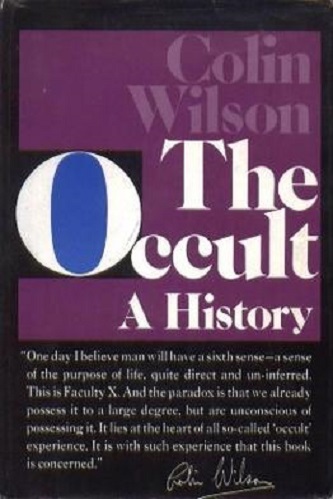
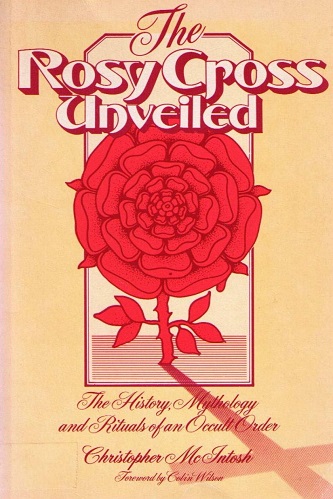
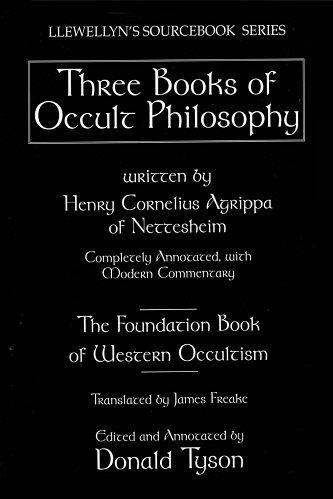
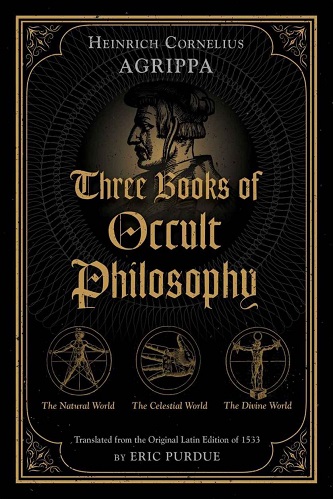
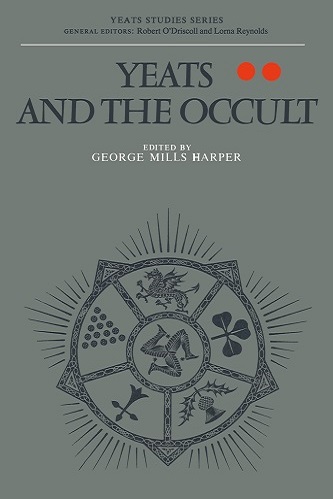
Reviews
Clear filtersThere are no reviews yet.